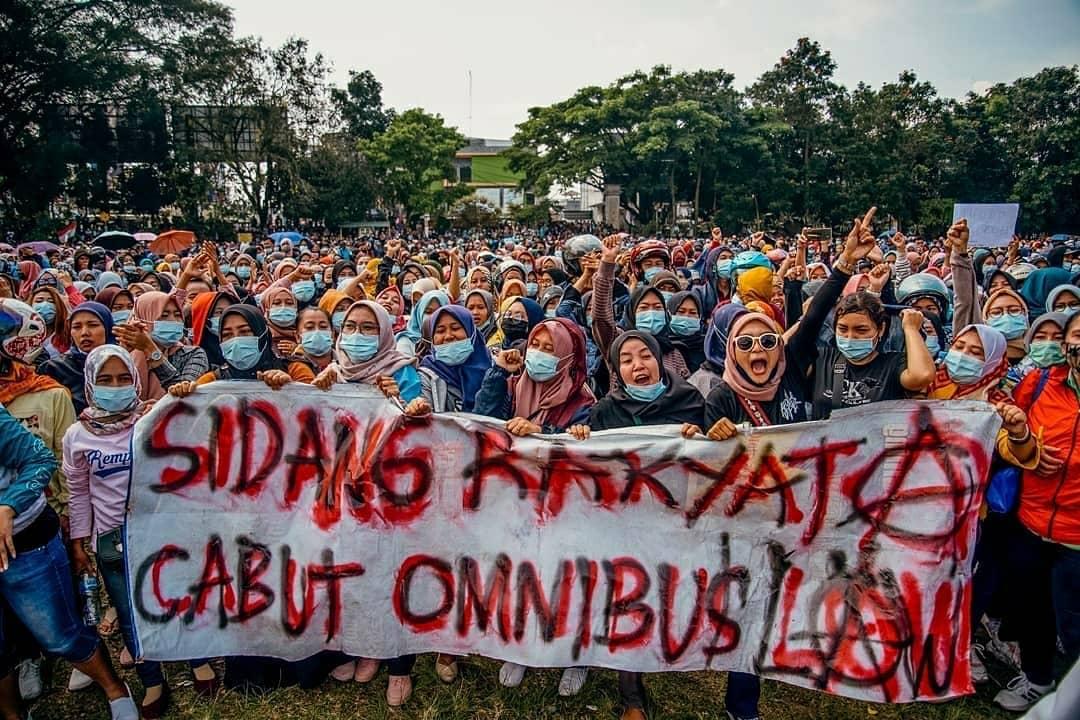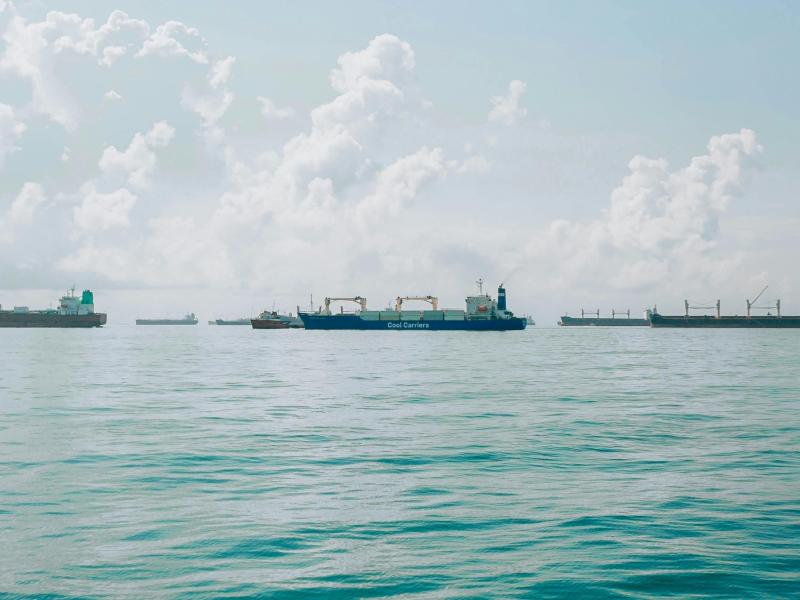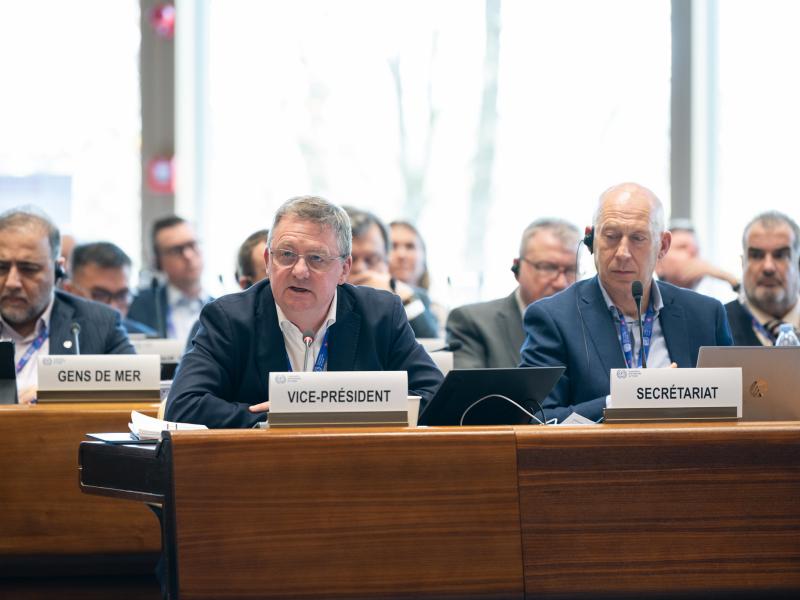ITF recently spoke to Suria, an activist in Jakarta, Indonesia, about the Omnibus Bill on Job Creation. He tells us in his own words why the bill is a bad deal for Indonesian workers.
“On 5 October, the Indonesian government started the ratification process of a controversial law known as the Omnibus Bill on Job Creation. The bill is detrimental in many ways but particularly harms the environment, indigenous people and workers. It serves the interests of a few big businesses and oligarchs, not the Indonesian people.
Among other things, the bill reduces minimum wage, allows corporations to use more contract workers, and cuts severance pay for workers who have their employment terminated. Workers risk losing their healthcare and other benefits.
Instead of the government focussing on how to overcome the Covid-19 pandemic, which has resulted in millions of Indonesians losing their jobs, it has chosen to pass a law that will make things much more difficult for ordinary workers.
As a result, there have been massive strikes and protests across Indonesia demanding the government reverses the law. Those protesting are working class Indonesians, environmental activists, and indigenous people who have already been affected by liberalisation in the mining industry and pushed off their land.
There has been a real lack of transparency in the formulation of the Omnibus Bill, which is contrary to the principle of openness required under Indonesian law. The public cannot obtain copies of the bill easily, even though the government claims it has been widely circulated, and there are fake versions circulating online.

The bill was also passed without any real consultation with unions or workers. Indonesia is a haven for mining natural resources, such as nickel, coal, natural gas and palm oil. The bill is what foreign investors are looking for, but these companies disregard the environment and indigenous people. They do nothing to benefit the local people or to establish sustainable livelihoods, they just destroy everything. Gold mining in Papua, for example, has been going on since the 1970s but has not directly benefitted the Papuan people. Their education has not improved, and their environment has been destroyed. It used to be a mountain of gold, but the only thing they've left for the locals is a deep hole in the ground.
During the three days of national strike earlier this month, there were clashes between police and protesters. Police used tear gas and water cannon to break up protests. Thousands of protesters have been detained and there are protestors in critical condition in hospital. Footage shows the police firing tear gas directly into the crowds and shooting at them with both live and rubber bullets. I personally saw many protesters get injured. It was like the Black Lives Matter protests in the US – I can only hope our protests last as long.
Some protesters have been picked up by the police at their homes or union offices because of their social media activity. This is unbelievable in our democratic era. We had a big revolution in 1998 and thought we had ended Indonesia’s repressive era, but repression is happening once again. We are going back to that hardcore era where the president used violence and police to scare protesters and deter free thinking. It is affecting our mental health; we are all wiping our phones.
Our rage increases every day. In the meantime, we are filing the case to be reviewed in the constitutional court. We are also focussing on civil disobedience to push the president into revoking the law.
More big strikes are planned for this week, to coincide with the one-year anniversary of the Widodo government. Activists and unions will continue to campaign and mobilise against this law. The Council of Global Unions, the ITF and other unions have written a letter to President Joko Widodo to revoke the law, as have many human rights organisations. We are calling for everyone to join in the national strikes. We expect global unions to support our fight to protect the rights of Indonesia workers, environments and their families.”



